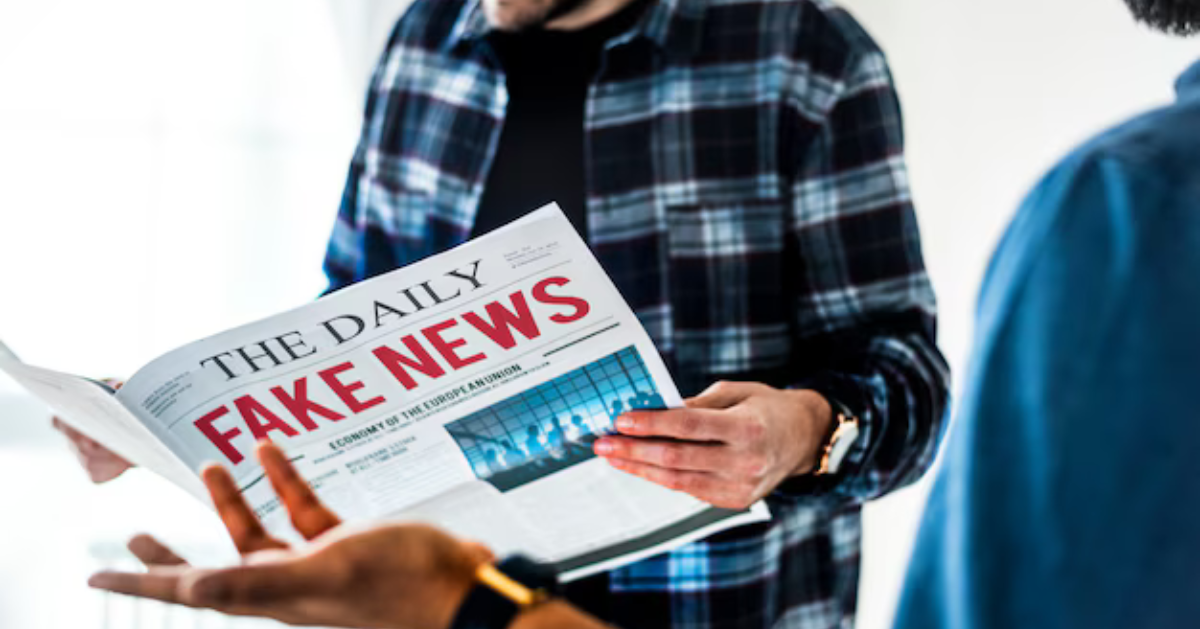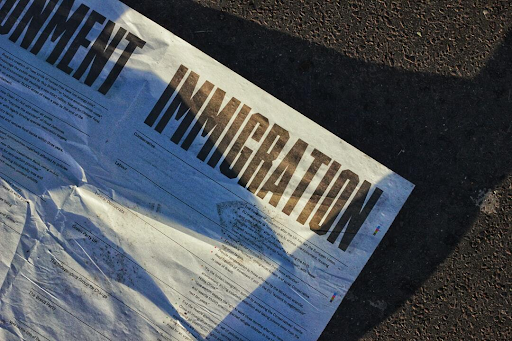A motorcycle accident can be a stressful and overwhelming experience. Knowing what to do in the immediate aftermath can make a significant difference in ensuring your safety, protecting your rights, and facilitating a smoother claims process.
Whether you’re involved in a car accident or a collision involving a motorcycle, following these steps can help you stay calm and take appropriate action.
Ensure Safety First
The first priority after any accident is safety. Check yourself and others for injuries. If someone is hurt, call emergency services immediately. Avoid moving anyone who is injured unless there is an immediate danger, like a fire or risk of further collision.
If possible and safe to do so, move vehicles out of the traffic flow. Turn on hazard lights and set up warning triangles or flares if available to alert other drivers.
Call Emergency Services
Even for minor accidents, it’s important to contact the police. An official report can be invaluable for insurance claims and legal purposes. Provide accurate details, but avoid admitting fault or speculating about what happened.
If anyone is injured, request medical help. Motorcycle accidents often result in injuries that may not be immediately apparent due to adrenaline. A medical evaluation can identify hidden injuries and provide essential documentation including a medical report for claims.
Document the Scene of the Motorcycle Accident
Use your phone to capture the accident scene. Take pictures of:
- Vehicle damage
- The surrounding area
- License plates
- Road conditions and traffic signs
Exchange contact and insurance details with all involved parties. Collect names, phone numbers, and addresses of witnesses. If possible, jot down or record what each witness saw.
Avoid Confrontations
Tensions can run high after an accident, but it’s important to remain calm. Avoid arguments or accusations. Stick to factual statements when speaking to others at the scene.
Even if you feel you may have contributed to the accident, avoid admitting fault. Leave the determination of liability to insurance companies and authorities.
Notify Your Insurance Provider
Contact your insurance company as soon as possible to report the accident. Provide them with all the information you’ve gathered. Most insurers require prompt notification to process claims effectively.
Ask about your coverage for both car accidents and motorcycle accidents. This can help you understand what costs your insurance will cover, such as repairs or medical bills.
Seek Legal Advice if Necessary
Motorcycle accidents can involve complex liability issues, especially if severe injuries or property damage occur. Ask for legal help from a personal injury attorney if you’re unsure about your rights or the claims process.
Avoid signing documents or making statements to other parties’ insurers without consulting your lawyer. This helps protect your rights and ensures you don’t inadvertently weaken your case.
Follow Up on Medical Care
Even if you feel fine after a motorcycle accident, schedule a follow-up visit with your doctor. Car crash injuries like whiplash or internal damage can take hours or days to manifest.
Maintain detailed records of all medical visits, treatments, and expenses. These can be crucial for insurance claims or legal cases.
Be Prepared and Stay Informed
A motorcycle accident is unpredictable, but knowing what to do can make a difficult situation more manageable. Always prioritize safety, document everything, and seek professional guidance when necessary. These steps can help you recover both physically and financially while ensuring your rights are protected.
Got questions? We’ve got answers! Check out our blog for loads of interesting and helpful content today!












